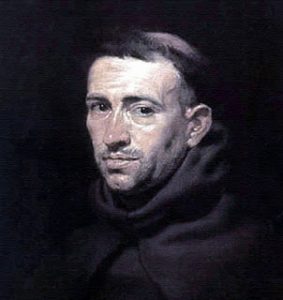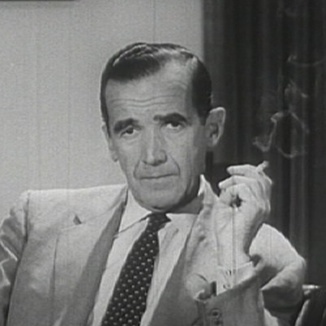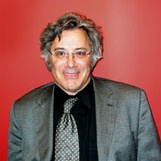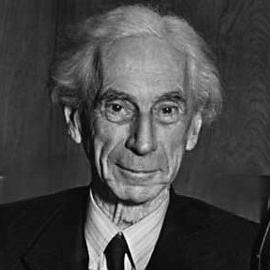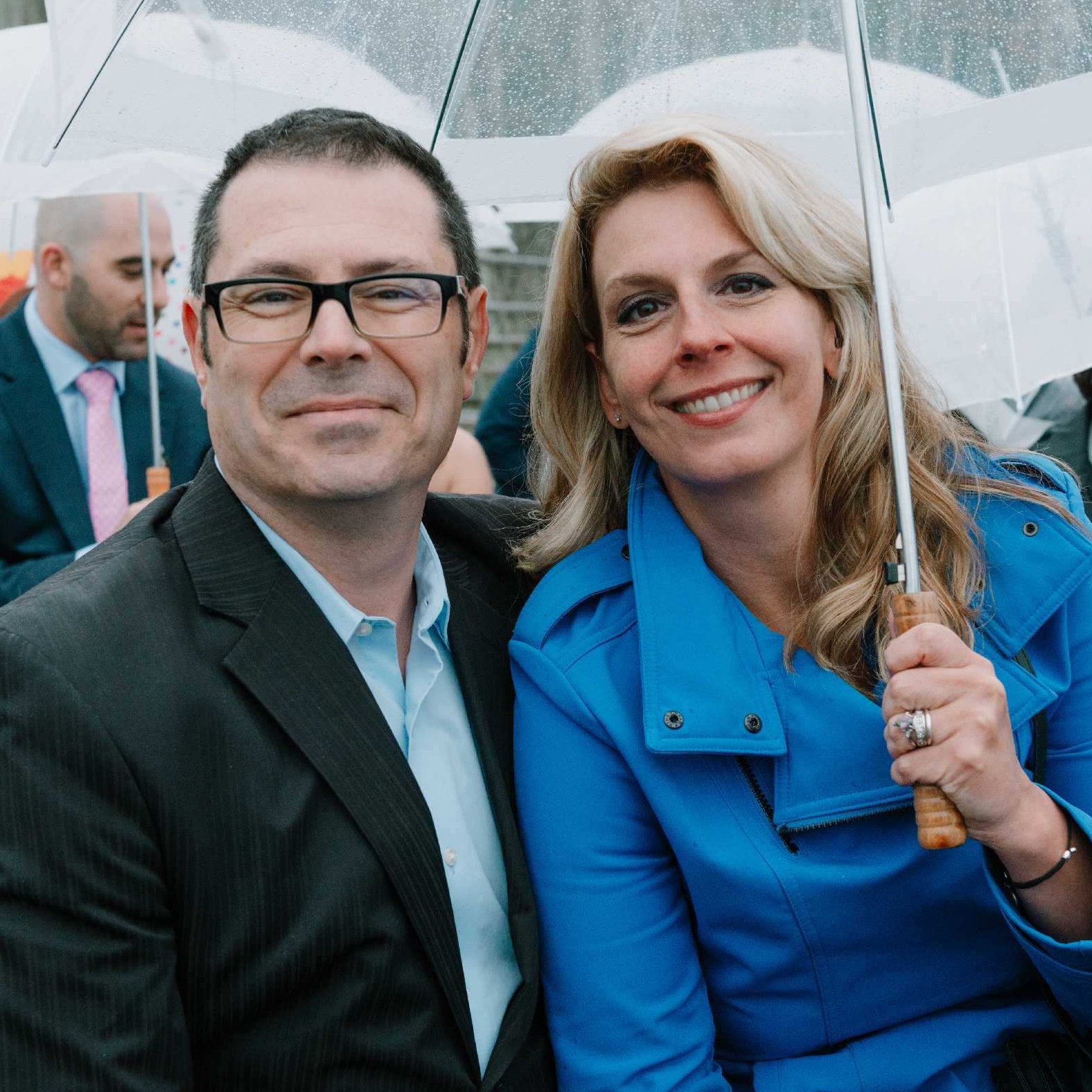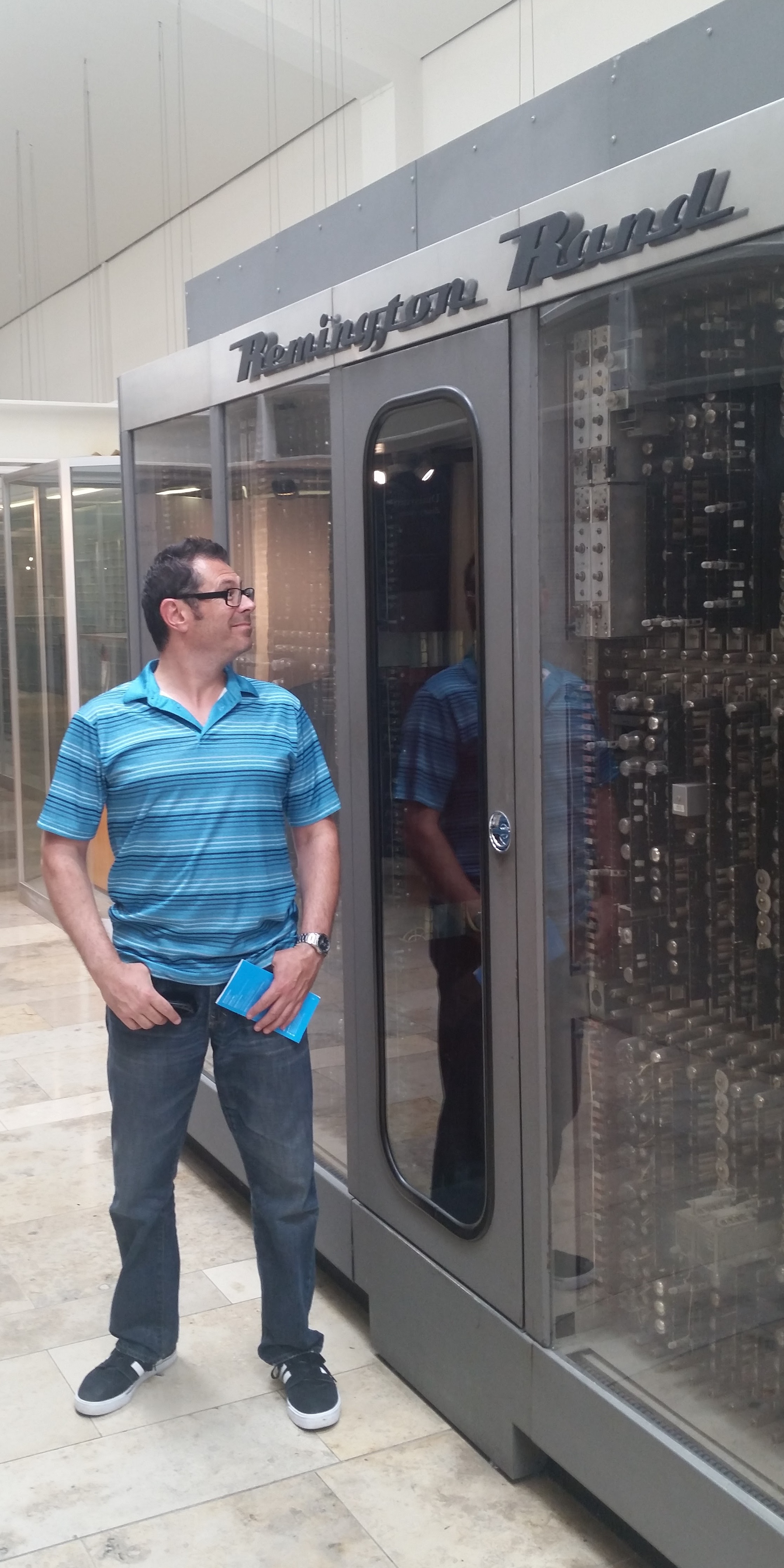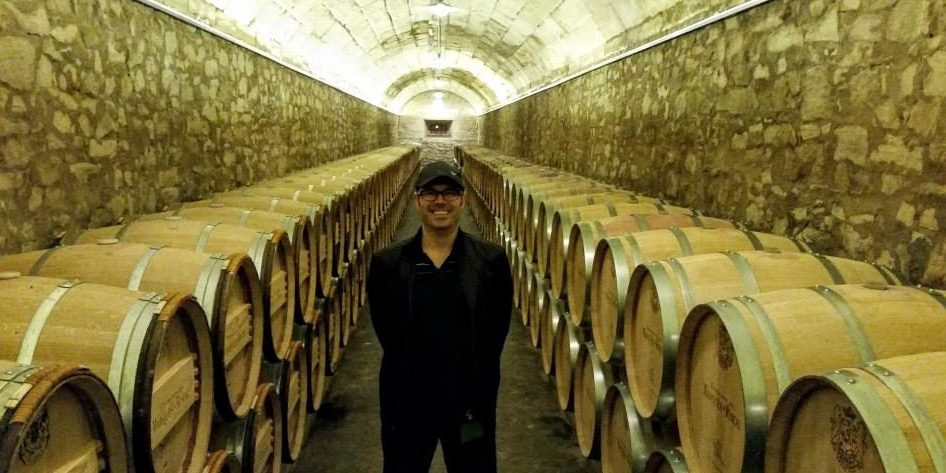Philosophy and Technology
Some interesting articles on philosophy, technology, and their intersection.

Privacy and Big Data
Privacy and Information Technology Standford Encyclopedia of Philosophy
Protecting One's Own Privacy in a Big Data Economy Anita L. Allen, University of Pennsylvania Carey Law School
The End of Privacy Kenneth Taylor, Stanford University

Algorithms
How algorithms are controlling your life Sean Illing, Vox
The Ethics of Algorithms Kenneth Taylor, Stanford University
Algorithms Are Making Economic Inequality Worse Mike Walsh, Harvard Business Review

Intellectual Property
Intellectual Property Standford Encyclopedia of Philosophy
Did You Say “Intellectual Property”? It's a Seductive Mirage Richard M. Stallman, GNU.org
Against Intellectual Property Brian Martin, University of Wollongong Australia

Misc Philosophy and Tech
The biggest lie tech people tell themselves — and the rest of us Rose Eveleth, Vox
How Aristotle Created the Computer Chris Dixon, The Atlantic
An Aristotelian Understanding of Object-Oriented Programming (PDF) Rayside & Campbell, University of Waterloo



